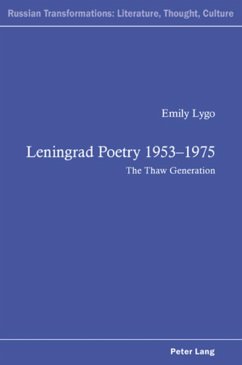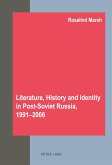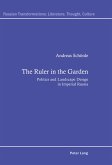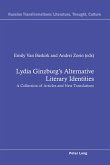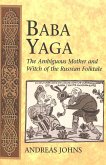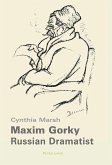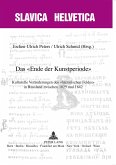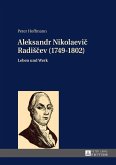This is the first book-length study of the outstanding generation of Leningrad poets whose careers began during the Khrushchev Thaw. The text brings together memoirs, interviews, and archival research to construct an account of the world of poetry in Leningrad, in which many now-famous figures began writing. The author describes the institutions, official events, unofficial groups, and informal activities that were attended by many young poets, including the pre-eminent poet of this generation, Iosif Brodsky. Alongside a detailed study of Brodsky's work from the early 1970s are close readings of two other major poets from this generation whose work has often been overlooked, Viktor Sosnora and Dmitry Bobyshev.
«Emily Lygo gives a sensitive and balanced account of the role of many Leningrad poets in disseminating liberal ideas and promoting modernist poetry [and] Lygo has identified many lacunae in our knowledge of the Thaw and its legacy.» (Dr. Alexandra Smith, Times Literary Supplement)
«(T)his is an intelligent, well written study containing a useful historical overview of the period in question as well as sensitive and often highly inspired readings of key representative poems by Aleksandr Kushner, Viktor Sosnora, Dmitry Bobyshev, and Joseph Brodsky.» (Clint Walker, The Russian Review)
«This book is a must-read for anyone interested in twentieth-century Russian poetry and an invaluable resource for scholars of Russian cultural history. Based on a thoughtful combination of fine poetic analysis and a thorough exploration of institutional contexts, it offers a prime example of how the study of links between literature, history, and sociology can and should enrich our understanding of culture.» (Maria Khotimsky, Slavic and East European Journal)
«(T)his is an intelligent, well written study containing a useful historical overview of the period in question as well as sensitive and often highly inspired readings of key representative poems by Aleksandr Kushner, Viktor Sosnora, Dmitry Bobyshev, and Joseph Brodsky.» (Clint Walker, The Russian Review)
«This book is a must-read for anyone interested in twentieth-century Russian poetry and an invaluable resource for scholars of Russian cultural history. Based on a thoughtful combination of fine poetic analysis and a thorough exploration of institutional contexts, it offers a prime example of how the study of links between literature, history, and sociology can and should enrich our understanding of culture.» (Maria Khotimsky, Slavic and East European Journal)

